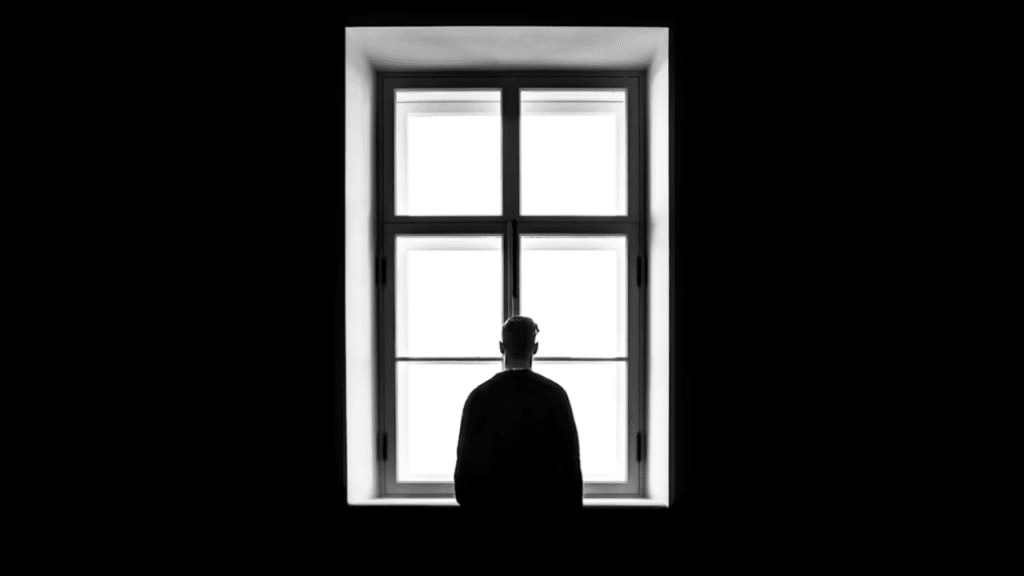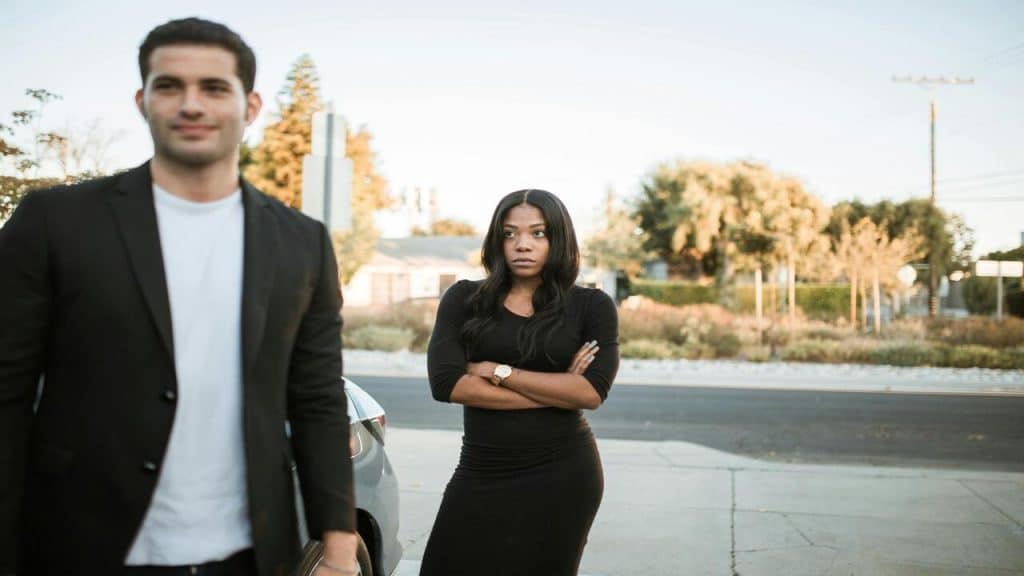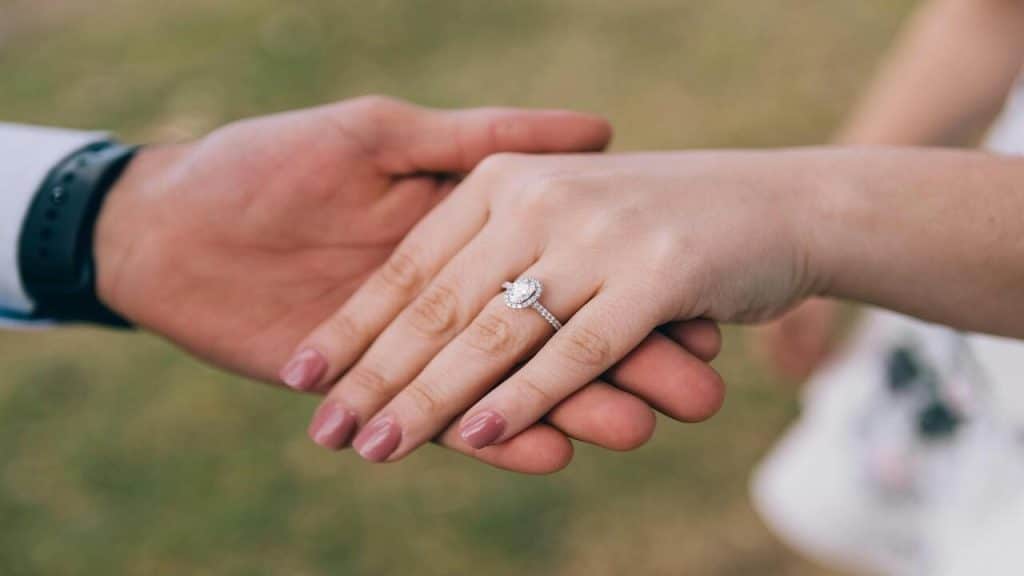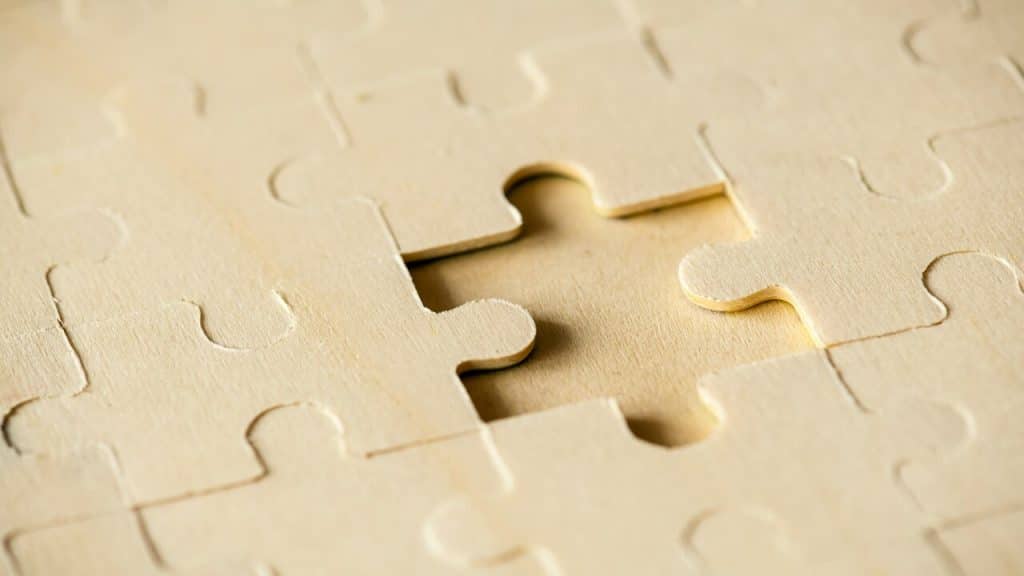
The fear of ending up alone is one of the most quietly powerful fears people carry. It shapes choices, lowers standards, and makes you cling to people who don’t truly meet you halfway. But that fear isn’t destiny–it’s a pattern you can break. The key is to recognize how it subtly controls your behavior. When you understand these patterns, you can finally stop chasing temporary comfort and start building real, lasting connection.
1. Settling Just to Feel Safe

When loneliness creeps in, it’s tempting to accept anyone who offers attention. But settling for someone who only fills the silence keeps you from the partner who could actually fill your life. Fear-driven choices lead to emotional stagnation, not fulfillment. Safety in love comes from self-worth, not from someone else’s presence. Wait for the connection that makes you come alive, not the one that just keeps you from feeling alone.
2. Ignoring Red Flags Early On

The fear of being alone can make you rationalize the very things that should send you running. You tell yourself, “No one’s perfect,” or “I can handle it,” while your instincts scream otherwise. Every time you overlook a red flag, you teach yourself to tolerate less than you deserve. Instead of hoping they’ll change, start believing that you deserve someone who doesn’t require excuses to be right for you.
3. Confusing Intensity for Intimacy

Fast connections can feel thrilling, but emotional fireworks often mask instability. When you’re afraid of ending up alone, you might chase intensity because it feels like proof that something’s “real.” But true intimacy isn’t a rush–it’s a slow build. Look for consistency, not chaos. The love that lasts doesn’t need constant sparks; it needs quiet steadiness.
4. Over-Giving to Earn Love

People who fear being alone often try to make themselves indispensable. You cook, support, overextend–believing that if you give enough, they’ll stay. But over-giving often breeds imbalance and resentment. Healthy love doesn’t need to be earned through self-sacrifice. Give from fullness, not fear, and you’ll attract someone who gives just as freely.
5. Staying in Relationships Past Their Expiration Date

When you’ve invested time and emotion, walking away feels like failure. But staying in something that no longer grows you is its own form of loneliness. You keep hoping for the version of the relationship that once was, rather than facing the one that is. Ending something dead makes space for something alive–don’t let fear of solitude rob you of renewal.
6. Using Distraction to Avoid Solitude

You fill your calendar, scroll endlessly, or jump from one situationship to the next–all to avoid sitting with your own company. But loneliness fades only when you stop running from it. Learning to be comfortable alone makes you stronger in love because you stop needing it for validation. The more you enjoy your own presence, the less you’ll tolerate anyone who disturbs your peace.
7. Holding Onto Fantasy Relationships

Sometimes it’s not a person you’re clinging to–it’s the idea of them. You romanticize the potential, ignoring the reality that they’ve never actually shown up as a partner. Fantasies can be intoxicating but ultimately unfulfilling. Real love exists in mutual effort, not imagination. Don’t fall for who they could be; connect with who they are right now.
8. Comparing Yourself to Everyone Who’s Coupled

It’s easy to look at happy couples and feel like you’re behind in life. But comparing timelines only deepens your sense of lack. Everyone’s story unfolds differently, and rushing yours only ensures you end up in the wrong chapter. Focus on becoming the person you want to attract–comparison steals the joy of your own becoming.
9. Equating Solitude with Failure

Many people treat being single like it’s a problem to fix, not a season to live. But solitude can be one of the most transformative times of your life if you stop resisting it. It gives you space to grow into clarity, independence, and emotional stability–the very traits that attract a healthy partner. Being alone doesn’t mean you’ve lost; it means you’re still writing your story.
10. Settling for “Situationships” That Go Nowhere

When fear whispers that something is better than nothing, you end up in half-relationships that drain more than they give. You stay because it’s convenient, familiar, or temporarily comforting. But a situationship that keeps you uncertain chips away at your self-respect. If someone can’t give clarity, that is clarity. Walk toward people who want the same future you do.
11. Making Love Your Only Source of Identity

When your entire sense of worth depends on being loved, you hand over your power. You start molding yourself to fit someone else’s preferences and lose sight of who you really are. The most magnetic people are those rooted in self-awareness. Build a life that’s full on its own, so love becomes a complement–not a crutch.
12. Mistaking Familiar Pain for Love

If you grew up around instability or emotional distance, chaos might feel like home. So when someone replicates that pattern, it feels familiar–even if it hurts. Healing requires unlearning the belief that love must be earned through suffering. Healthy love is calm, not confusing. Learn to recognize peace, even if it feels foreign at first.
13. Clinging to the Past

You replay old relationships, wondering what you could’ve done differently. But staying stuck in the past only keeps you emotionally unavailable in the present. Closure isn’t something you get from someone else–it’s something you decide to give yourself. Letting go isn’t forgetting; it’s choosing to stop carrying what’s too heavy to bring forward.
14. Being Unwilling to Be Vulnerable

Many people say they want love but build walls around their hearts. You can’t receive intimacy if you’re busy guarding yourself from pain. Vulnerability isn’t weakness–it’s a filter. It reveals who can meet you with honesty and who can’t. The right person won’t use your openness against you; they’ll meet it with their own.
15. Expecting Perfection in a Partner

Fear often disguises itself as high standards. You reject people for minor flaws because perfection feels safer than disappointment. But love is inherently imperfect–it requires flexibility, forgiveness, and patience. Expecting flawlessness keeps you isolated. Aim for alignment, not perfection; the right person will be imperfect in all the right ways for you.
16. Rushing Emotional Intimacy

You open up too fast, overshare too soon, and call it connection–but what you’re really chasing is reassurance. Deep love takes time to unfold; forcing it makes it fragile. Give relationships room to breathe. Let curiosity replace urgency, and watch how much stronger and more natural your connections become.
17. Believing Love Will “Fix” You

When you expect someone else to heal your loneliness or insecurity, you set them up to fail. A relationship can support your growth, but it can’t replace your inner work. The healthiest love happens when two whole people choose each other–not two broken ones hoping to feel complete. Do your healing first; love will meet you there.
18. Letting Fear Lead Every Decision

Fear tells you to cling, chase, or settle–but every time you obey it, you reinforce it. The only way to stop being afraid of ending up alone is to build a life so full that solitude isn’t scary. When you live from confidence instead of scarcity, love becomes a choice, not a lifeline. The goal isn’t to never be alone–it’s to be so at peace with yourself that you never feel lonely again.






Ask Me Anything